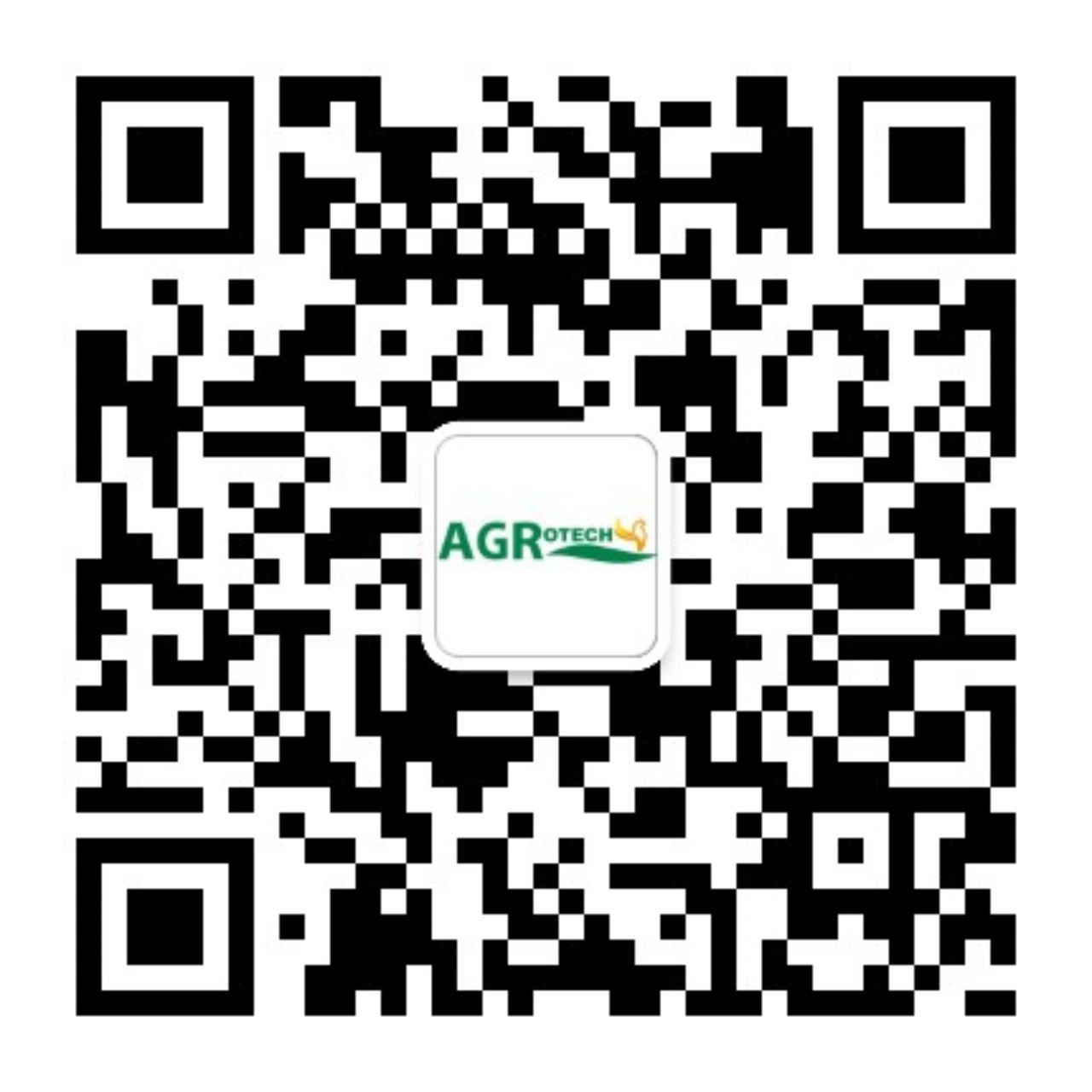News Center
News Details
Ensuring the supply and quality of livestock products in Beijing and Tianjin during the Olympics - April 26, 2007
Release time:
2011-01-25 00:00
Source:
To study and discuss measures to strengthen the supervision of livestock product quality and safety under the new situation, establish a mechanism for the connection between production and sales of livestock products, and ensure the supply and quality safety of livestock products in the Beijing-Tianjin region during the Olympics, the Department of Animal Husbandry of the Ministry of Agriculture held a symposium on the connection between production and sales of livestock products in the Beijing-Tianjin region in Beijing on April 20. Comrades from the animal husbandry departments of seven provinces (autonomous regions and municipalities directly under the Central Government), including Beijing and Tianjin, the main sales areas of livestock products, and Hebei, Inner Mongolia, Jilin, Liaoning, and Shandong, the main production areas, introduced their experiences and practices in the supervision of livestock product safety and conducted discussions and exchanges.
At the symposium, it was unanimously agreed that in order to promote healthy animal husbandry, ensure the safety of livestock products, and especially the safety of livestock products in the Beijing-Tianjin region during the Olympic Games, it is necessary to establish "five mechanisms." First, establish a regional liaison meeting system to enhance information sharing between provinces and departments; second, establish a production-sales linkage mechanism to strengthen early warning analysis of the market situation for livestock and poultry products; third, establish a collaborative supervision mechanism to form a joint force for the supervision of livestock product safety and quickly respond to sudden livestock product safety incidents; fourth, establish an interactive cooperation mechanism to give full play to the respective advantages of production and sales areas and scientifically plan the development blueprint for the animal husbandry industry; fifth, establish a mutual recognition mechanism for the entry and exit of livestock products, unify standards, standardize certification, enhance the awareness of serving enterprises, and eliminate unreasonable barriers to the circulation of livestock products.
It is believed that doing a good job in the macro-control of the supply of livestock products in the Beijing-Tianjin region and ensuring quality and safety is an important task and responsibility of the animal husbandry authorities. Animal husbandry authorities at all levels should start with grasping healthy animal husbandry and establish a development concept of resource conservation, quality safety, and environmental friendliness. By promoting adjustments to production models, further strengthening the formulation and revision of animal husbandry standards, supporting the coordinated development of moderately scaled breeding households, breeding areas, and breeding farms, and encouraging the full play of the advantages of "one-stop" industrialization enterprises, the standardization, scale, and industrialization of animal husbandry production should be achieved, and healthy animal husbandry should be effectively promoted to transform the growth mode of the animal husbandry industry. We must ensure the quality and safety of livestock products from the source, do a solid job in the management of livestock and poultry identification and breeding records, strengthen the supervision, inspection, and animal disease prevention work of feed, veterinary drugs, and other inputs for animal husbandry production, and ensure the quality and safety of livestock products.
Finally, Director Wang Zhicai emphasized that the safety of livestock products is related to the health of the people and social stability. Animal husbandry departments at all levels should fully understand the long-term, complex, and urgent nature of livestock product safety work, and with a highly responsible attitude towards the Party and the people, strengthen daily supervision, actively and proactively respond to sudden livestock product safety incidents, and effectively protect the interests of the vast number of breeding households and consumers, promoting the sustainable and healthy development of the animal husbandry industry.
Previous page
Previous page





